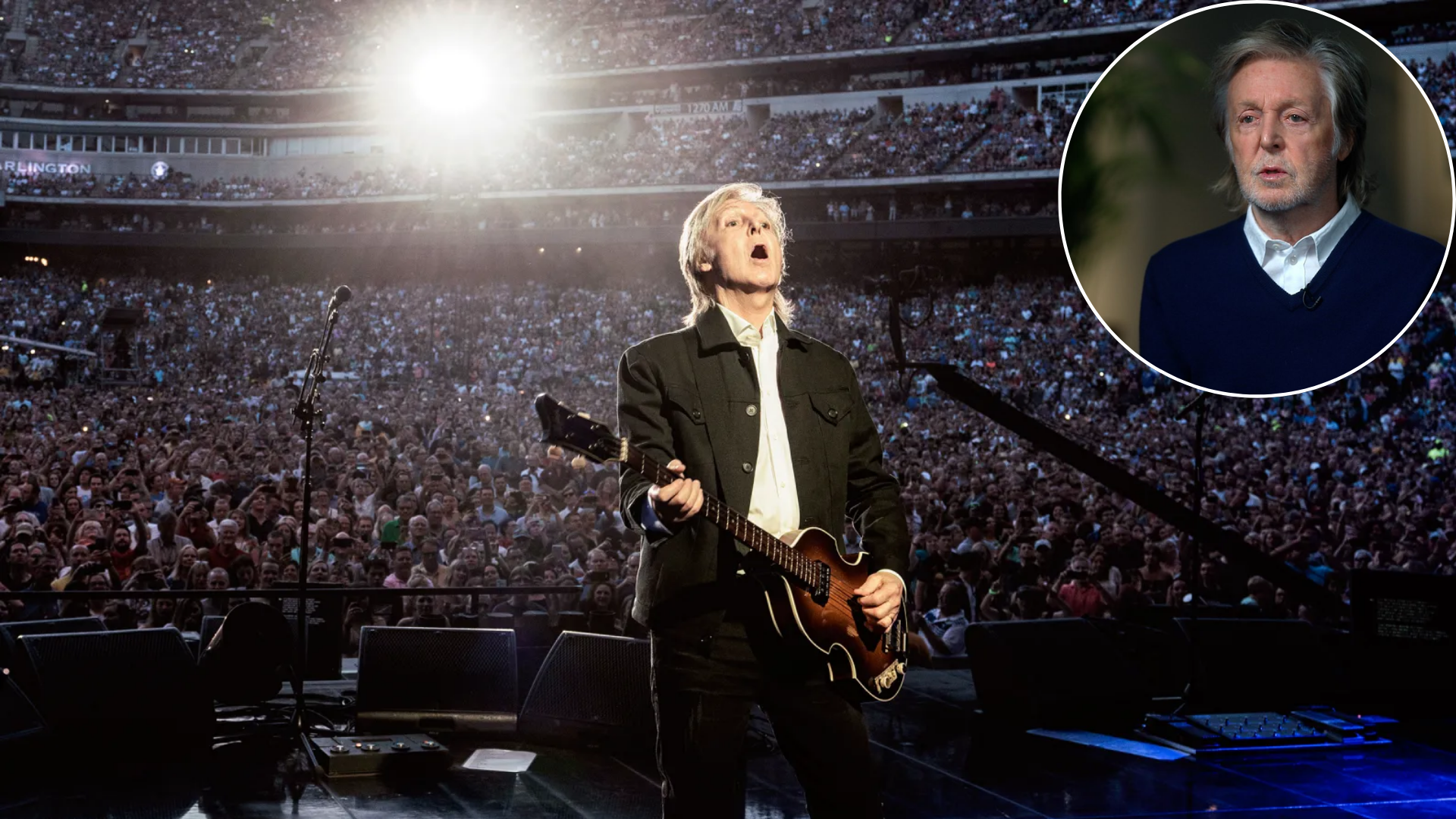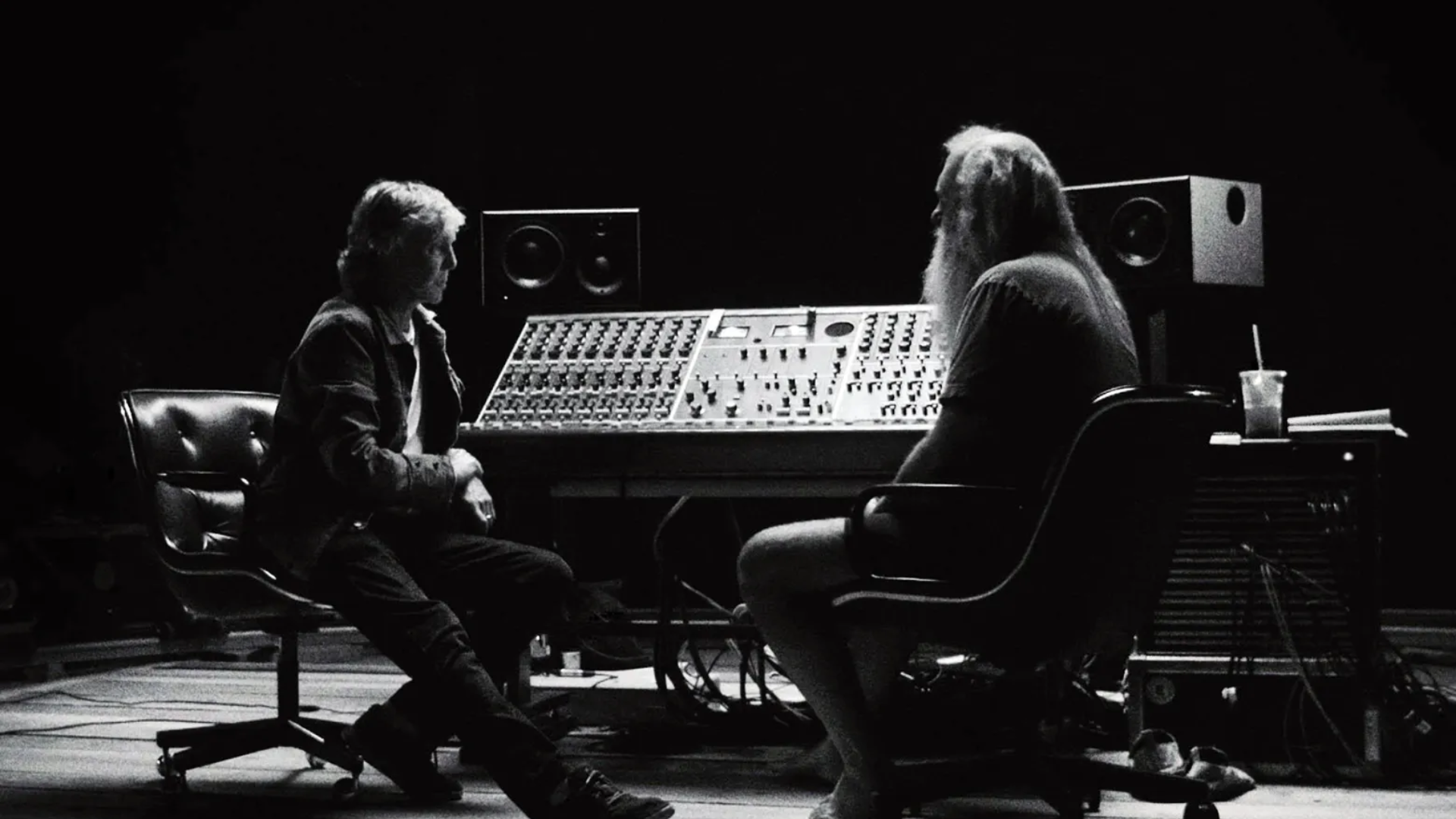
There are songs that feel like letters, written not for the charts but for the heart. “Little Willow,” released on Paul McCartney’s 1997 album Flaming Pie, is one of those rare pieces — a private grief set to melody, written as a tribute to Maureen Starkey Tigrett, the first wife of Ringo Starr, after her passing in 1994.

From the opening chords, the song carries a hush, as though McCartney is whispering into the quiet left behind by loss. His voice is tender, almost fragile, yet deeply comforting, embodying the dual emotions of sorrow and solace. “Little Willow, don’t cry for me, don’t shed a tear for me…” — it’s both a farewell and a blessing, words meant to cradle those left behind.
The arrangement is minimal, reflective of its intimacy. Gentle acoustic guitar and soft strings wrap around Paul’s vocal like a protective embrace, allowing the lyrics to take center stage. There are no dramatic flourishes here; instead, the song’s strength lies in its restraint, in the way it simply is — honest, unforced, and profoundly human.
What makes “Little Willow” so powerful is its balance of grief and hope. McCartney doesn’t shy away from the sadness of loss, but he offers comfort in the thought of renewal: like a willow tree, flexible and enduring, bending but never breaking. The imagery of nature becomes a metaphor for resilience, reminding us that even in the face of loss, life continues, and beauty can still be found.
For McCartney, who has lived through personal and shared loss, this song feels especially poignant. It reflects not only his compassion for those around him but also his own understanding of how fragile and precious life is. It is a lullaby for the grieving — a song that holds space for both pain and healing.
In the end, “Little Willow” is one of Paul’s most tender gifts. It may not carry the fame of “Hey Jude” or “Let It Be,” but its quiet grace makes it unforgettable. It is proof that sometimes the most powerful songs are not the ones shouted to the world, but the ones whispered gently into the silence of sorrow — songs that remind us we are not alone, even in our deepest losses.